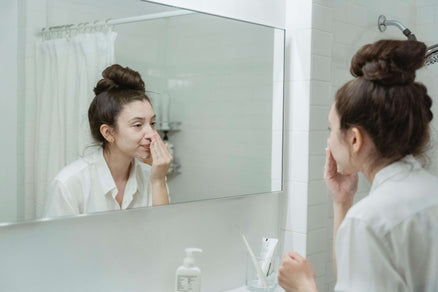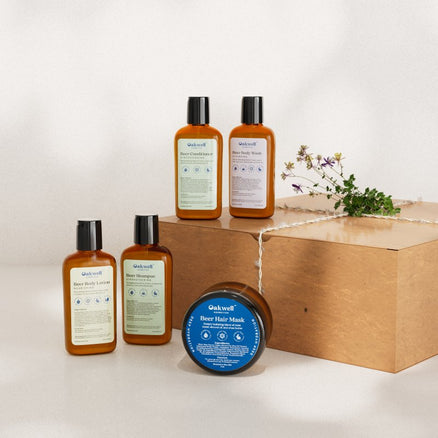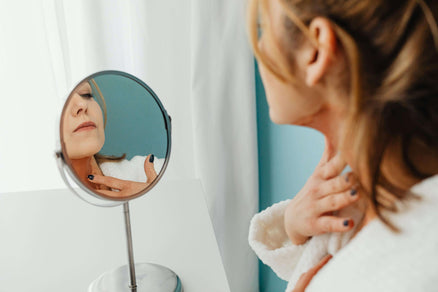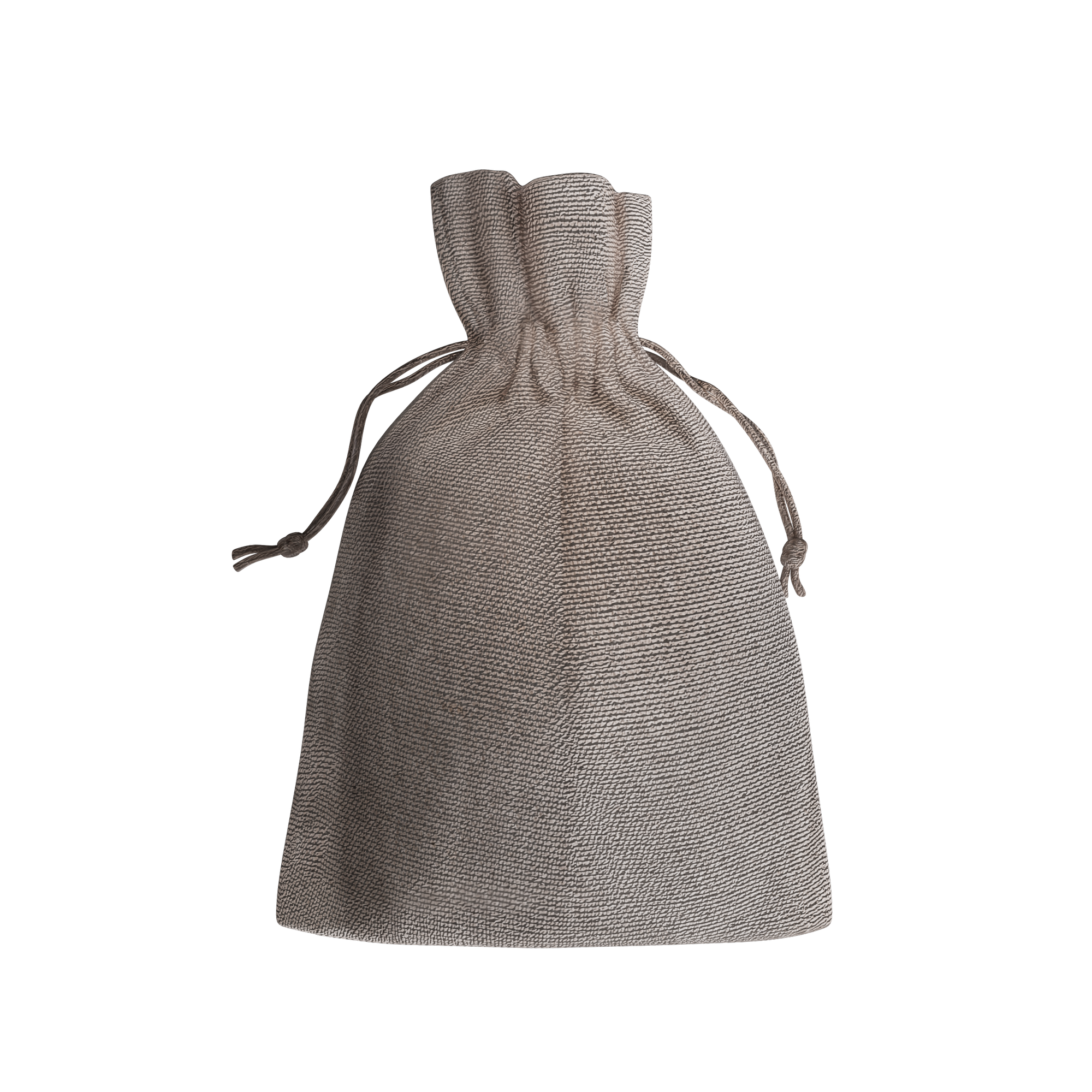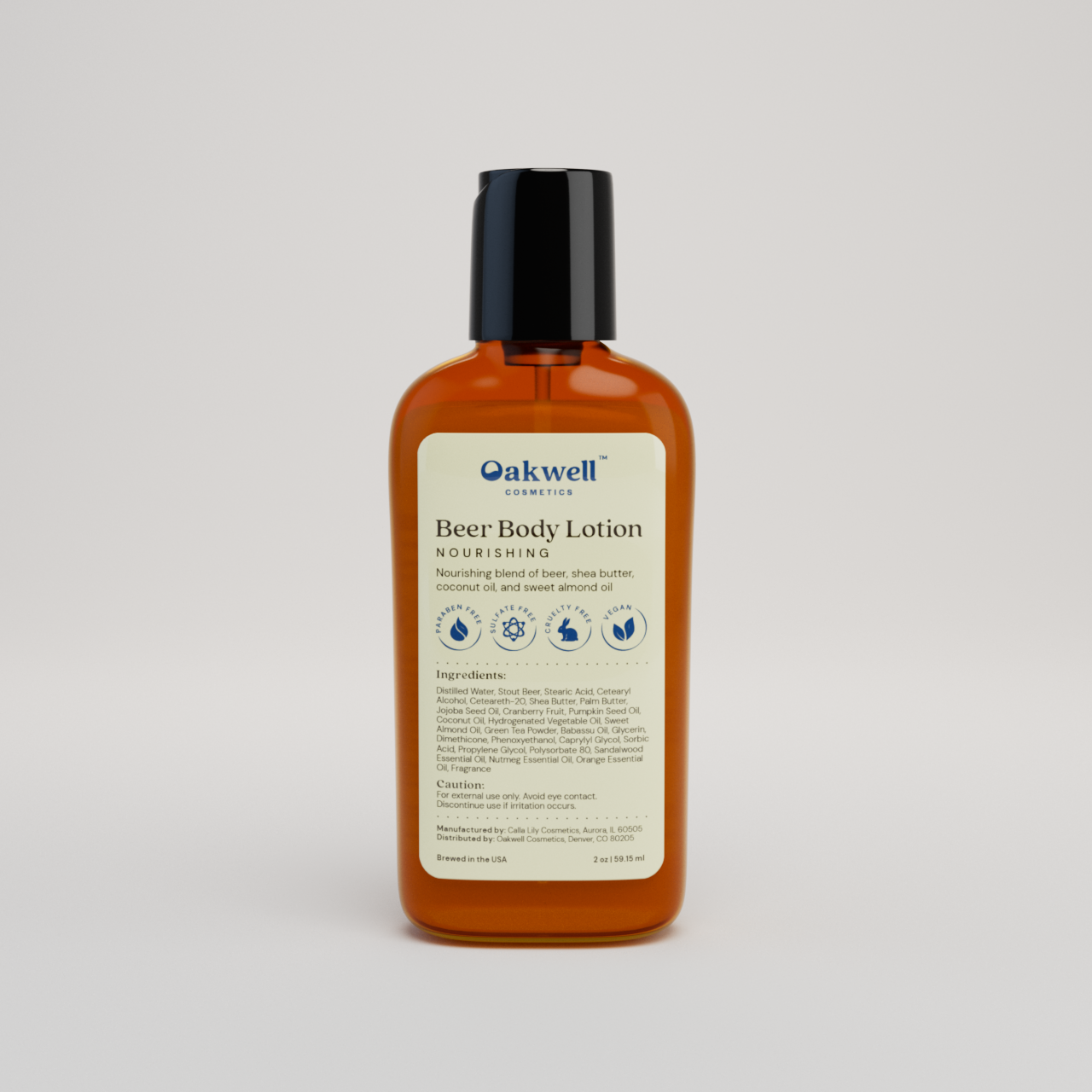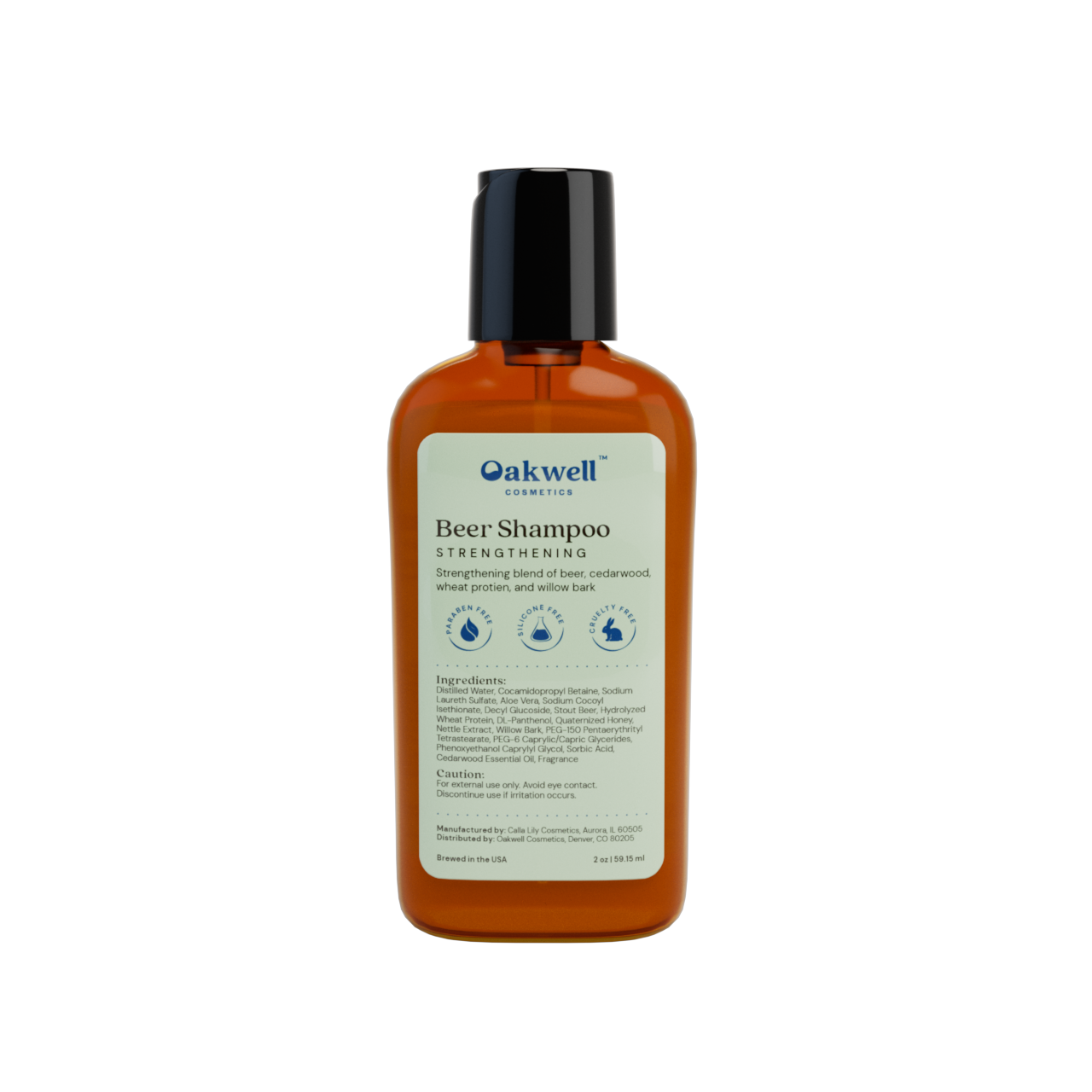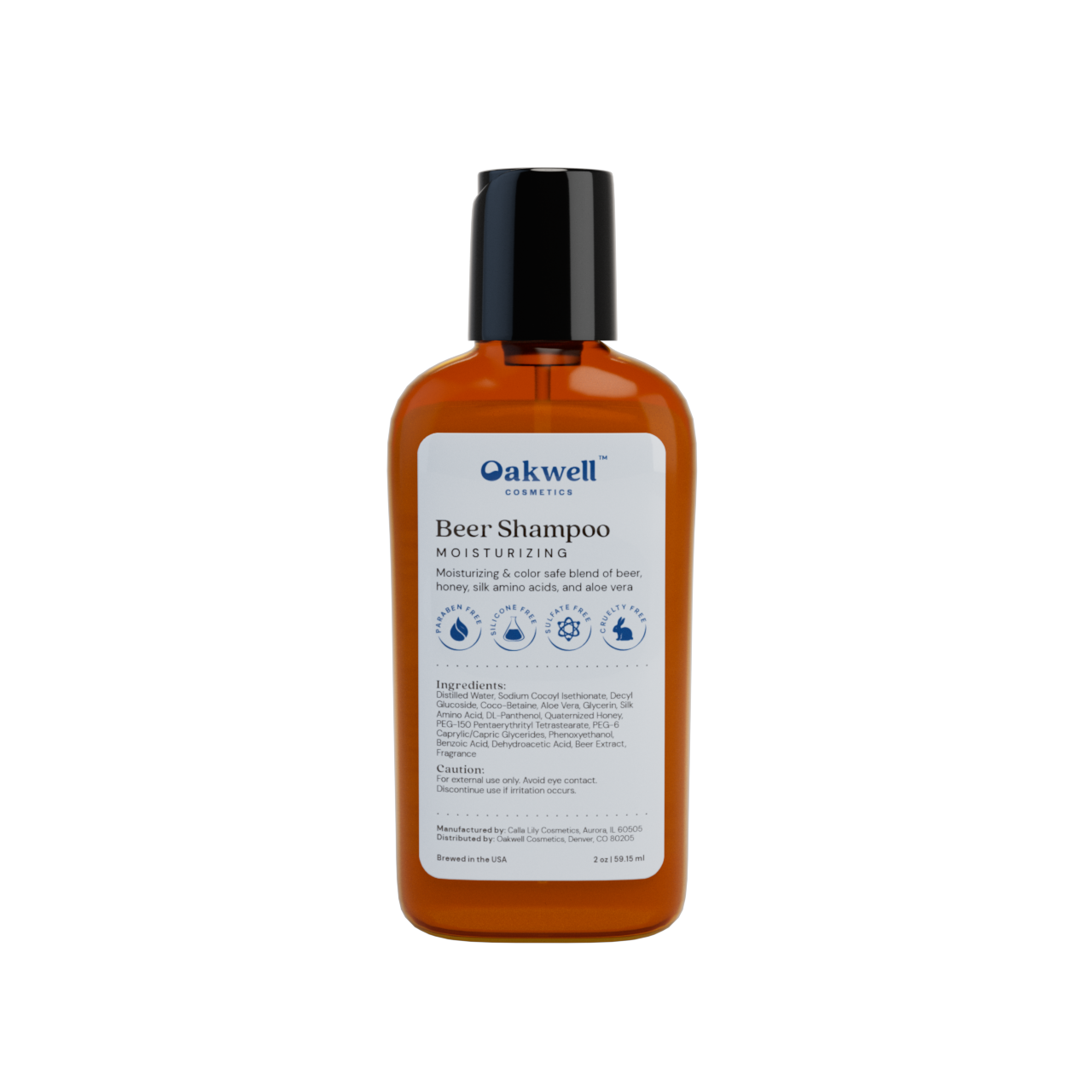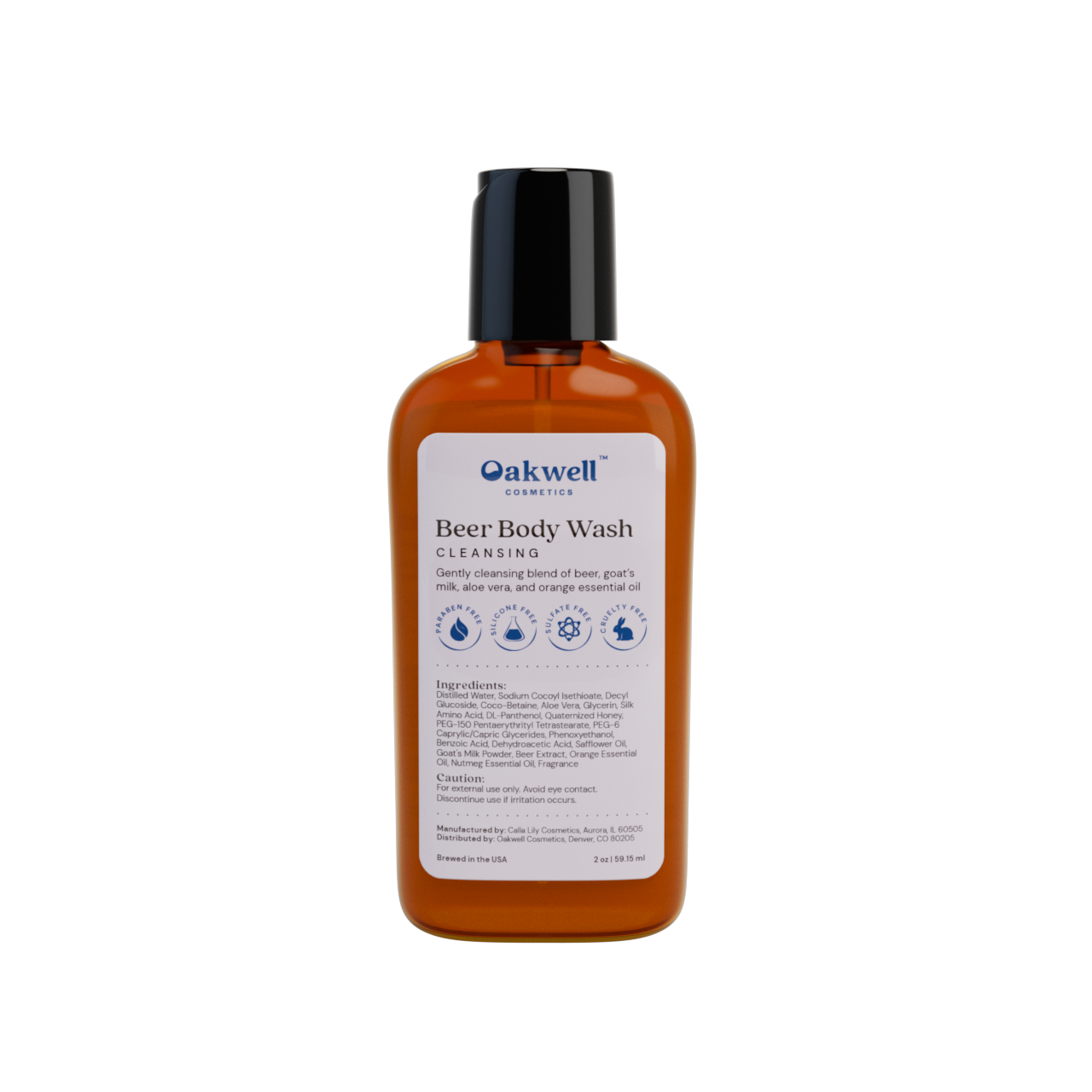Skincare is Self-Care: Why & Helpful Tips

Skincare is self-care because it can be enjoyable and improve your overall well-being. Below, we'll share the benefits and helpful tips for practicing skincare as self-care.
“On the surface, skincare supports physical well-being by keeping your body's largest organ healthy and happy,” says Dr. Hannah Holmes, a licensed psychologist at Holmes Psychology & Consulting. “Beyond that, skincare can promote emotional and mental health because it provides opportunities for ritual, mindfulness, and self-compassion.”
Can skincare be self-care?
Dr. Holmes explains that self-care is any practice that supports your physical, emotional, or mental well-being. It should be something comforting, energizing, or simply necessary that feels restorative, and skin care can certainly fit this.
Benefits of Skincare for Self-Care
A self-care skincare routine can support mindfulness, emotional regulation, self-compassion, self-confidence, and stress relief.

Mindfulness
Mindfulness is the act of focusing on the present moment, which you can do while practicing skincare. Research shows that mindfulness can reduce psychological distress, such as rumination, anxiety, and anger.
Dr. Holmes explains that taking care of your skin offers a built-in pause, allowing you to slow down and connect with the present. Even simple, tactile steps of cleansing or applying moisturizer can become grounding rituals that shift your focus away from racing thoughts and into the present moment. These moments of intentionality can calm your nervous system and cultivate a sense of inner peace.
Emotional regulation
“Structured routines, such as a morning or evening skincare ritual, can help with emotional regulation,” says Dr. Holmes. “A skincare routine offers a sense of control and predictability, which can help you regulate your emotions, especially during emotional overwhelm.”
Create a routine that makes sense for you. Even a five to ten-minute practice in the morning and again before bed can help you regulate. We love lighting a relaxing candle during our skincare routine, too!
Self-compassion
According to Dr. Holmes, when you take time for skincare, you send yourself the message, "I'm worth caring for." Over time, this can shift internal narratives from neglect to kindness for more self-compassion.
Research shows that self-compassion can support lower stress and fewer depressive symptoms, which can lead to overall better physical health. Many people who practice self-compassion also engage in other healthy habits, including regular exercise, healthy eating and sleep, and stress management.
Self-confidence
Skincare for self-care is a great way to boost your confidence.
A study on the effect of skincare on self-confidence found that people with a consistent skincare routine feel more confident. People report feeling more comfortable with their appearance and confident in their day-to-day lives, enhancing their overall quality of life.
Stress relief
Most skincare benefits lead to stress reduction, but your skincare routine can also directly contribute to stress relief.
The skin is a highly sensitive organ filled with nerves, neurotransmitter receptors, and immune cells that interact with the brain. Soothing your skin with products and a nourishing routine can help reduce stress signals and improve your mood through targeted skin-brain pathways. For example, you can reduce cortisol (stress hormone) production and enhance mood-boosting chemicals known as serotonin and dopamine.
Practical Ways to Enjoy Skincare as Self-Care
Dr. Holmes explains that self-care should be restorative. Therefore, your skincare practices should be enjoyable and attainable.
We love implementing the following for practical ways to enjoy skincare as self-care:
- Create simple routines - Dermatologists recommend a simple routine. For example, you can wash your face and apply a moisturizing sunscreen in the morning. At night, you can wash your face, then apply a topical retinoid or retinol and moisturizer.
- Take warm baths - Baths are a great way to relax and promote skin health. Bathing frequency depends on your skin type, but usually it’s best to take short baths daily or soaking baths once or twice weekly.
- Enjoy an at-home spa day - At-home spa days are a fun way to treat yourself to skincare and self-care. This can include applying an eye or face mask, relaxing in a warm bath and then applying a nourishing lotion to your body.

Skincare is Self-Care: Conclusion
We hope you found this article helpful and are excited to treat yourself to self-care with more skincare practices. Whether creating a simple routine and/or treating yourself to more spa days, skincare is a great way to improve your overall well-being.

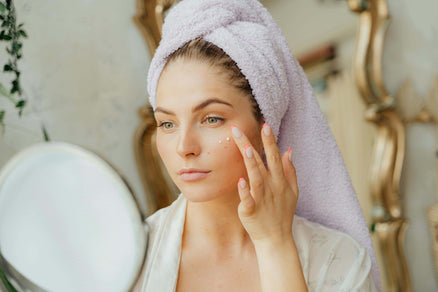
Become a part of our community and be the first to learn all there is to know about Oakwell
